The question of the day is "Does hypnosis work for sleep disorders?". I am often asked this question by clients who are struggling to get to sleep. Some may think that hypnosis is just another fad and that it won't work. This may have been the case in the past but now the field has developed so much that there are many reputable treatment centers that can help you with your sleeping problem.
Sleep is a very precious commodity. It is necessary for healthy functioning in everyday life. Many people experience poor sleep on a regular basis due to anxiety, depression, stress, caffeine deprivation or even worrying about when you will be waking up. The daily grind of work, family life and school can cause problems for those who find it hard to get the right amount of sleep each night. Lack of sleep can affect mood, concentration levels and performance.
One of the more popular forms of alternative medicine includes hypnosis. There are several reasons why someone may consider using hypnosis. Some people report that traditional treatments have not worked and hypnosis may be an effective solution. This form of treatment does work for some people.
Sleep apnea is a common problem which can be brought on by a number of factors. Some people are simply more prone to this condition than others. If you have a cold then you are more likely to develop it. Certain medications can also cause sleep disturbances. So, can the treatment of high blood pressure.
Before you start to seek answers to the question "Does hypnosis work for sleep disorders? ", it is worth understanding what hypnosis is and how it works. Hypnosis is the process of relaxing your mind and body so that it may enter a trance-like state. This will allow you to better understand how hypnosis can benefit your particular sleep issues.
While in a trance-like state, you may be more open to suggestions made by a trained hypnotist. The suggestion he makes may help you get to sleep or may stop a particular sleep disorder. You may even think you are sleeping when you are really standing up. This can be beneficial because it means you do not wake up drowsy and possibly doing something that is not helpful.
However, you should be careful not to use hypnosis to get into a deep sleep. Hypnosis cannot bring someone to a coma. Nor can it force someone to do something they would not want to do. It is possible that you could lose yourself in a hypnotic state and not remember anything after it is over. That is why you should be sure to consult with a doctor before trying hypnosis.
If you are looking for a way to find help for your insomnia, then hypnosis may be able to help. Sleep disorders can be embarrassing and can interfere with day to day activities. It is better to try and conquer your insomnia naturally. Natural treatments often work better. Of course, you should still consult with a health care professional before trying any type of treatment.
A great way to get started with hypnosis is to start with relaxation techniques. These can include meditation, yoga, or other relaxation techniques. You can also use affirmations. Affirmations are statements that you can repeat to yourself while trying to fall asleep. These statements such as "I am relaxed," or "I feel sleepy" can help get you into a deep relaxing state.
Another method for treating sleep disorders is progressive relaxation. This also involves mantras and affirmations but this time, the goal is to have the mind wander freely and sleep through the affirmation. This has proven to be more effective than other hypnosis methods.
You may also consider hypnosis to help overcome jet lag. When you are traveling across time zones, it can be difficult to get to sleep at night. This method can be very beneficial and there are plenty of online hypnosis free downloads on this site to get used to hypnosis.
Showing all 120 results


























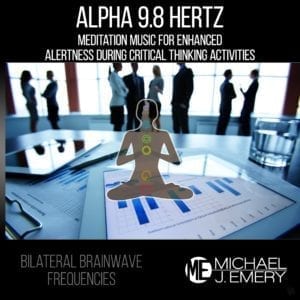



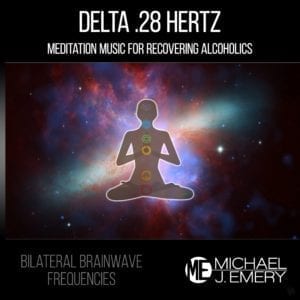
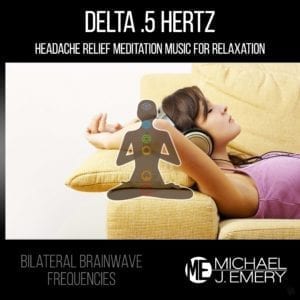
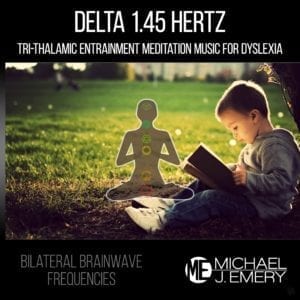
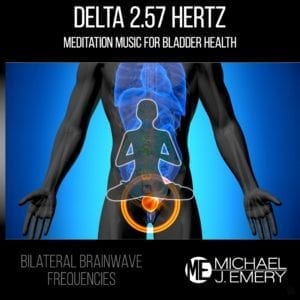



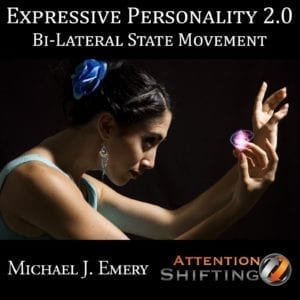
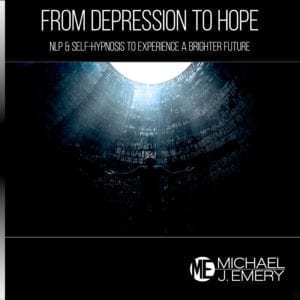

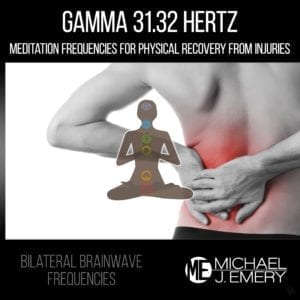
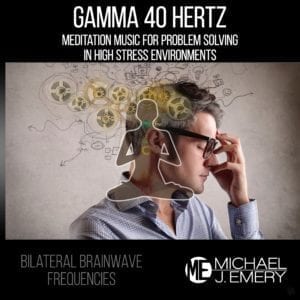













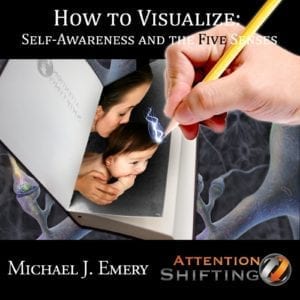


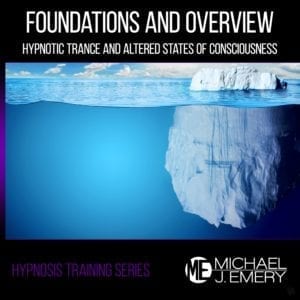
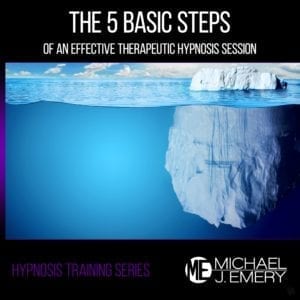


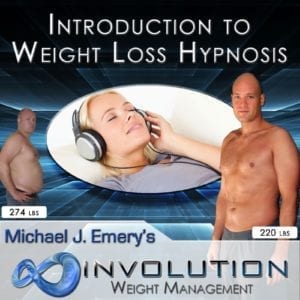






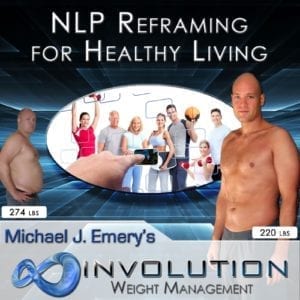
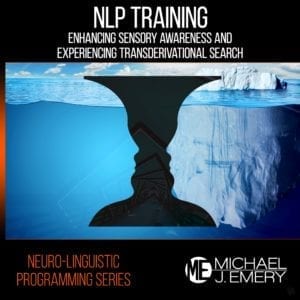
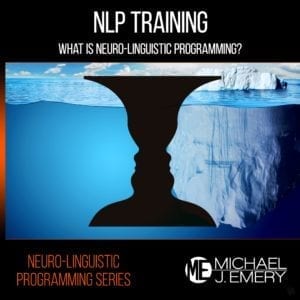
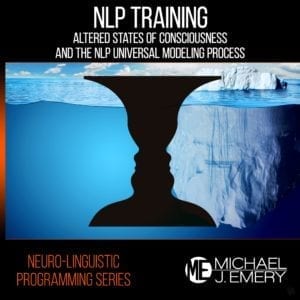
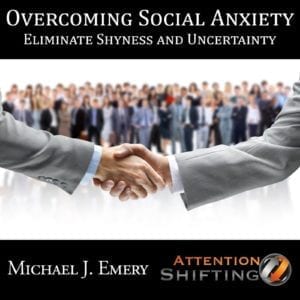


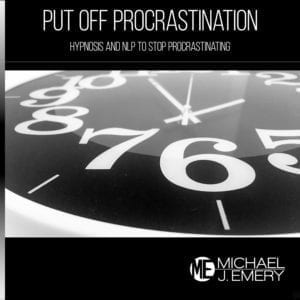

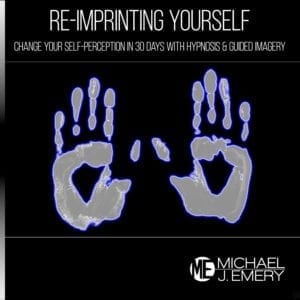


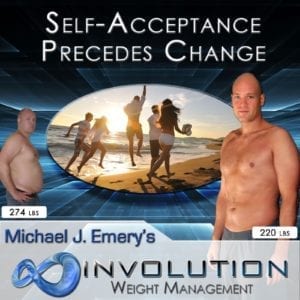
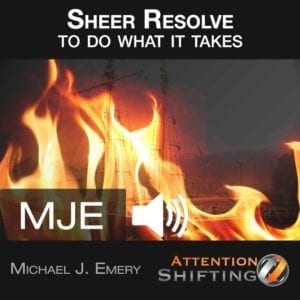






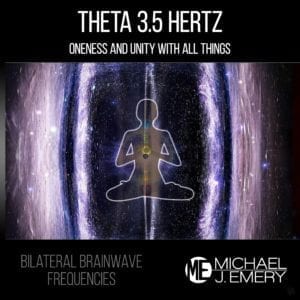
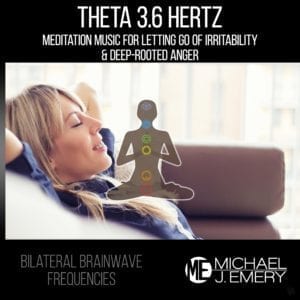
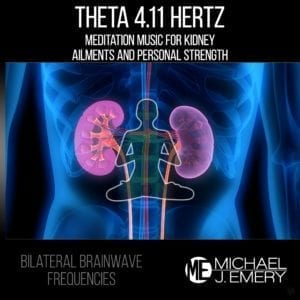




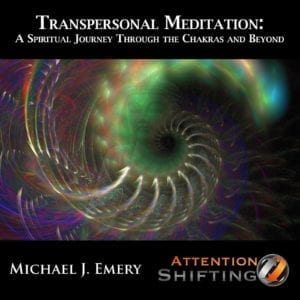























Explore audio program categories utilizing the best techniques in neuro-linguistic programming, Ericksonian hypnosis, brainwave frequencies, and guided visualization.